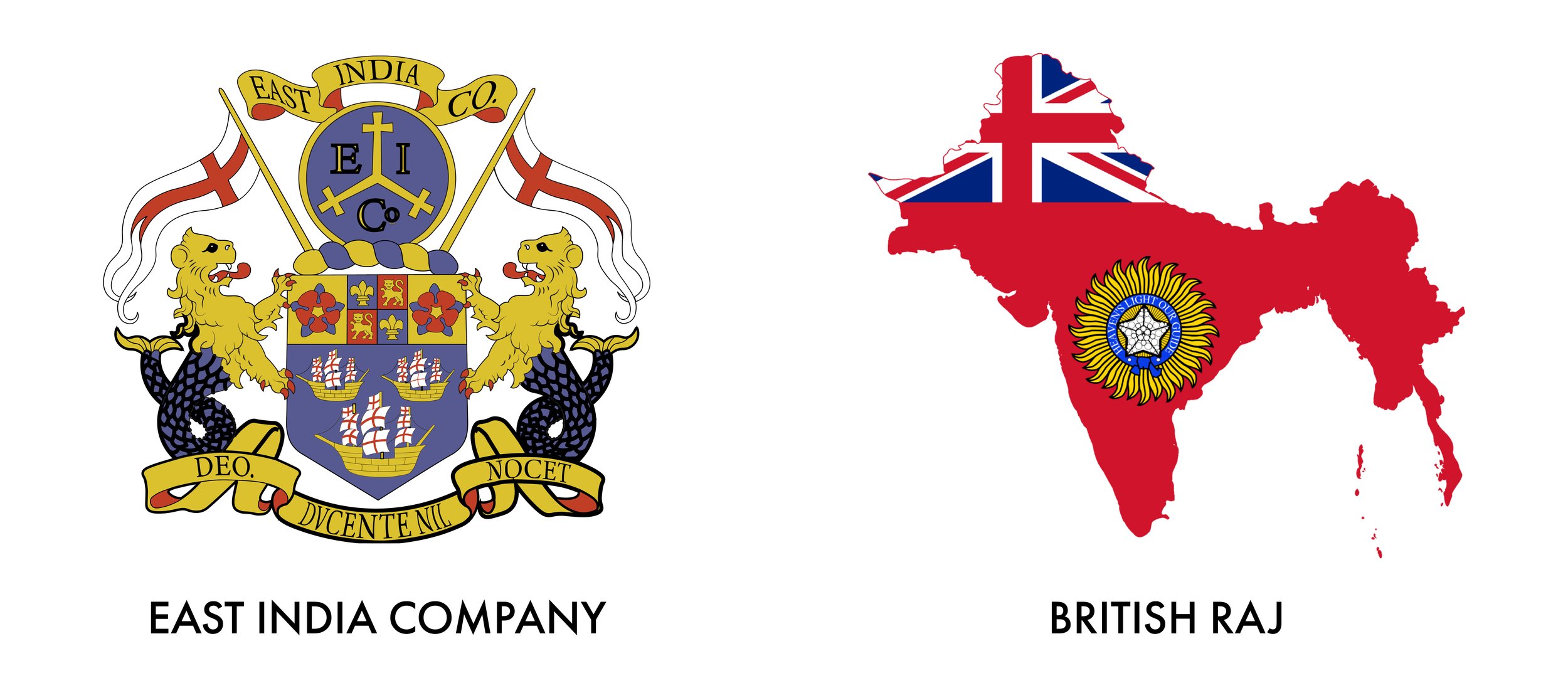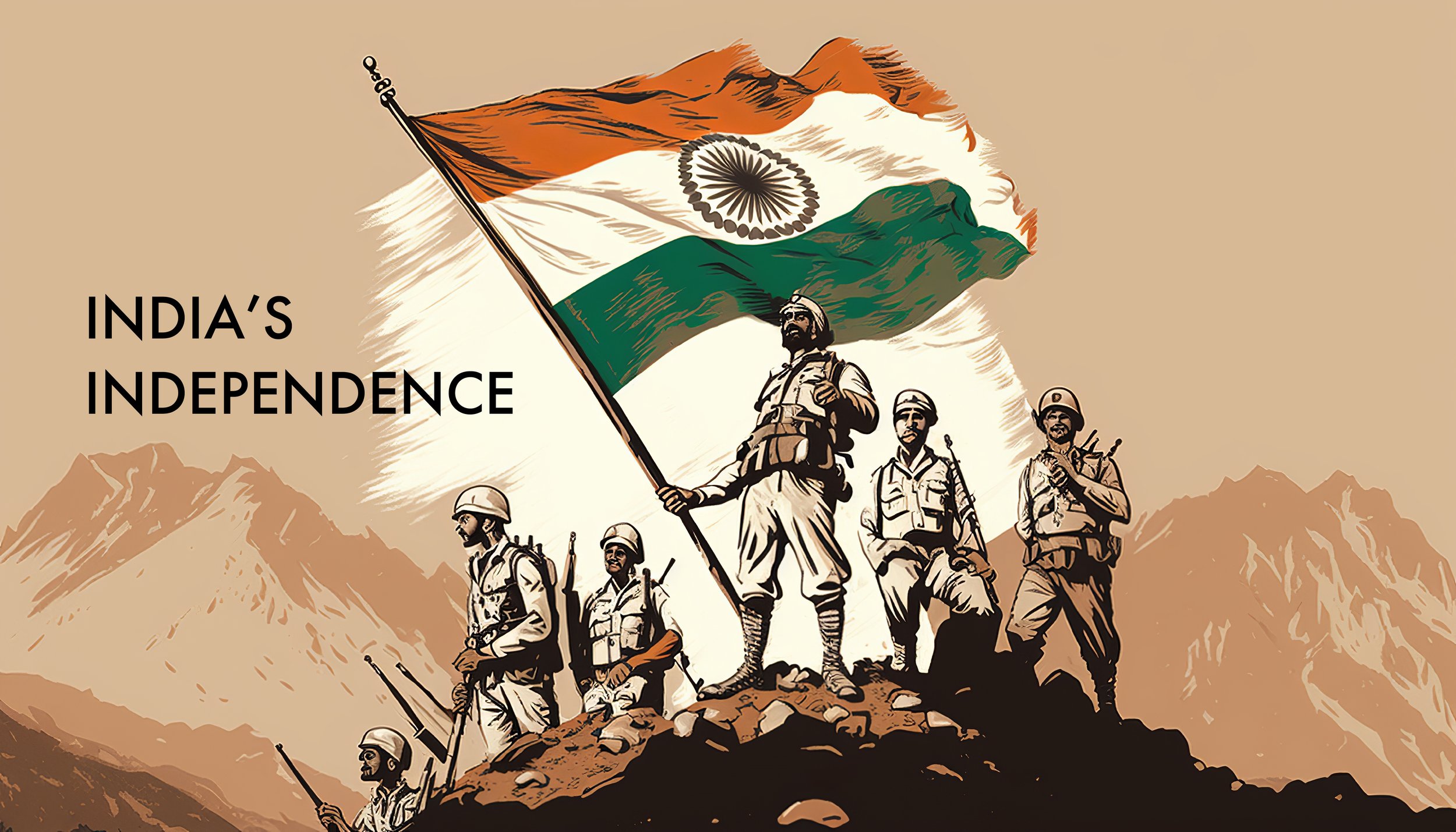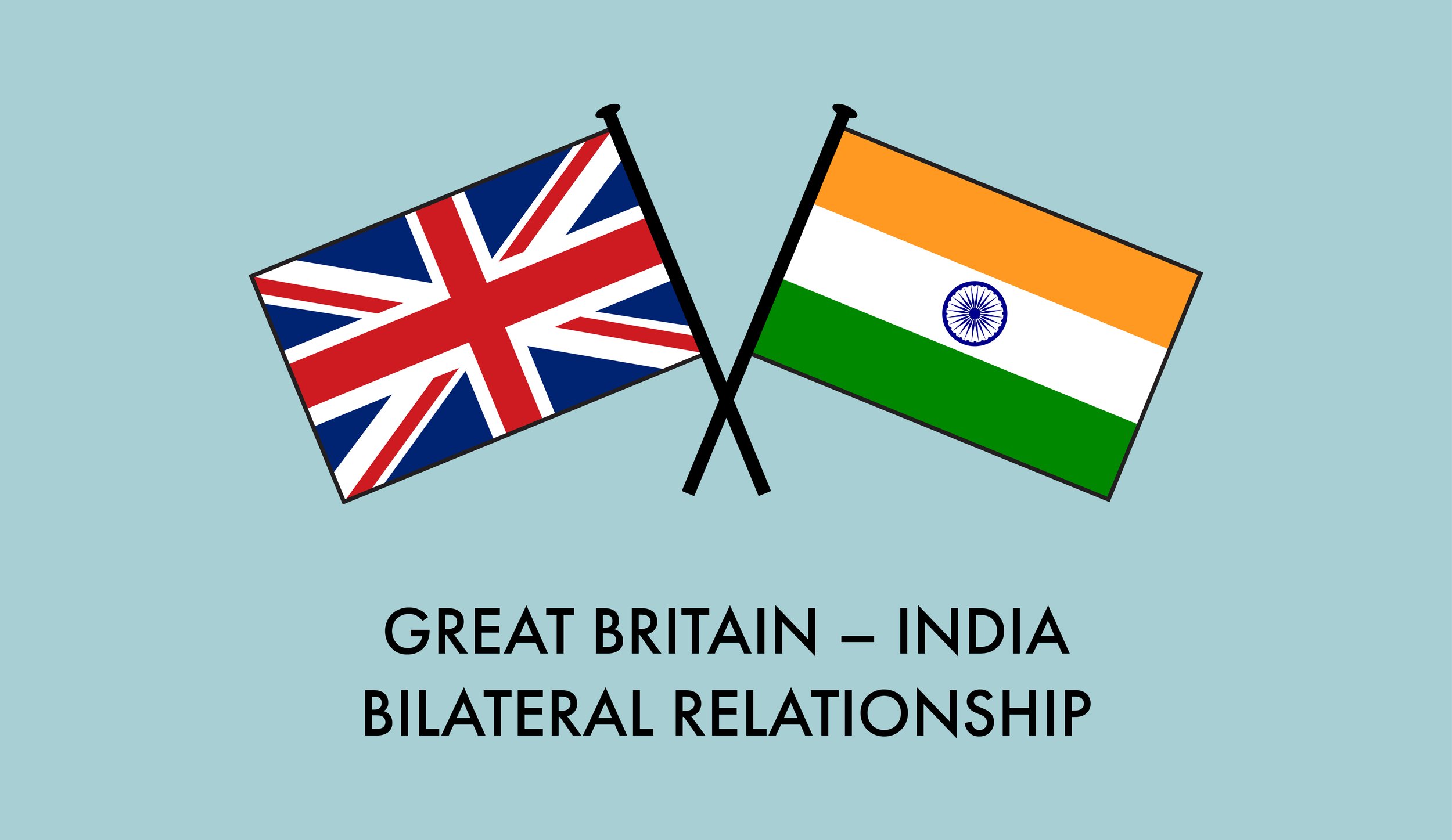The Shared History Between India and Britain: Where They’ve Been and Where They Are Today
When we delve into the historical saga between India and Britain, it's a labyrinth of colonial pasts, cultural exchanges, and mutual transformation. This relationship has been marked by poignant episodes of conflict and cooperation, imperialization and independence, subjugation and survival. In this article, we’ll explore the shared history between these two nations, focusing on where they’ve been and their current relationship today.
When Did Britain Colonize India?
The British first arrived in India as traders with the East India Company in the early 17th century, but it wasn't until 1757 that the Company transitioned from trade to territorial control following the Battle of Plassey.
The history between Britain and India is marked by Britain’s imperialistic and colonial ambitions, and the question of why Britain colonized and imperialized India has a multifaceted answer. It involves a complex mix of economic motivations, strategic considerations, and the persistent theme of Western superiority.
British rule — known as the British Raj — formally began in 1858 after the suppression of the Great Rebellion of 1857 (also known as the “Mutiny, Sepoy Mutiny, and India’s First War of Independence). It was during this period that racial prejudice intensified, with the British viewing Indians as inferior and in need of “civilizing.” This era witnessed systemic attempts to reshape Indian social, economic, and political systems in line with British interests.
Debates and discussions, which are foundational to democracy have been integral to India’s culture and ethos. The Nobel Prize-winning economist Amartya Sen captures this culture of debating in his book, a collection of essays entitled “Argumentative Indian.”
So independent India did not fail to see inherent merits, and adopted and adapted many elements of the British governance system in India’s parliamentary democracy.
India's Independence From Britain
The turning point in the Britain-India saga occurred on August 15, 1947. This date marked the end of over two centuries of British control and rule, concluding with the passing of the Indian Independence Act by the British Parliament. India's independence didn't come easily — it was the result of prolonged and intense struggles underlined by the sacrifices of millions. Patriots such as Mahatma Gandhi led widespread civil disobedience movements, using nonviolent resistance as a tool to challenge British rule.
The Bilateral Relationship Today
Post-independence, the two nations embarked on a journey of mutual cooperation, establishing a bilateral relationship, covering political, economic, and cultural relations between the two sovereign states.
Today, India and Britain share a relationship characterized by frequent high-level exchanges, robust trade and investment ties, and extensive people-to-people linkages. The UK has consistently been among India's top trading partners, while India is among the fastest-growing economies offering lucrative investment opportunities to British businesses.
Moreover, the shared history, language, and democratic values provide a strong foundation for extensive cultural and educational exchanges between the two nations. The presence of a significant Indian diaspora in the UK and the increasing number of Indian students studying abroad contribute significantly to this cultural interflow.
Leaders of Indian Origin in the UK
An emblematic reflection of this intertwined destiny is visible in the political landscape of the UK. Rishi Sunak — the current Prime Minister of the United Kingdom — is of Indian origin, echoing the growing recognition and acceptance of multiculturalism in British society.
Moreover, similar patterns can be witnessed in Scotland — with Humza Yousaf as First Minister — and Ireland — with Leo Varadkar as Prime Minister — both being of South Asian origin. These political shifts underscore the evolving perceptions and diminishing prejudices in the UK, fostering a more inclusive societal fabric.
This journey, from colonial rule to mutual respect and cooperation, highlights the shared history and evolving relations between India and Britain. The two nations have moved beyond their past to build a future driven by shared interests and mutual respect, encapsulating the complex dynamics of global politics.
With India's rich cultural diversity and the UK's openness to multiculturalism, the nations continue to influence each other. This shared history and relationship is a testament to their resilience, adaptation, and perpetual quest for mutual growth and understanding.
At Tiyara, we seek to provide higher education scholarships that will make life-changing differences for under-resourced young women and men. Scholarships are also extended to young women and men who belong to indigenous populations living in remote areas or who have had their lives changed by discrimination because of crimes committed by a family member, and others who face discrimination because of their caste.
You can help promote growth and opportunity by providing education and technology for Tiyara’s scholars by putting a deserving young person through college and simultaneously helping strengthen bonds between nations!




